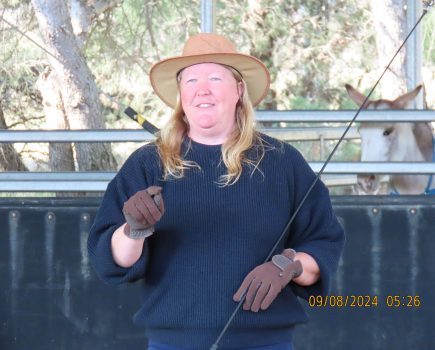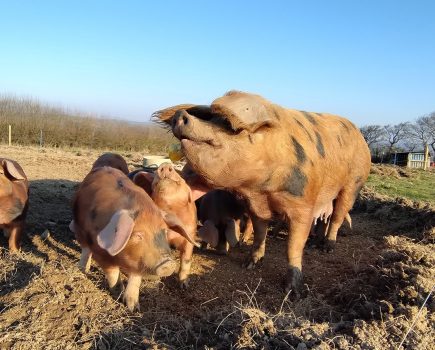Simon McEwan meets a couple from Devon who run a truly inspirational smallholding on a shoestring budget
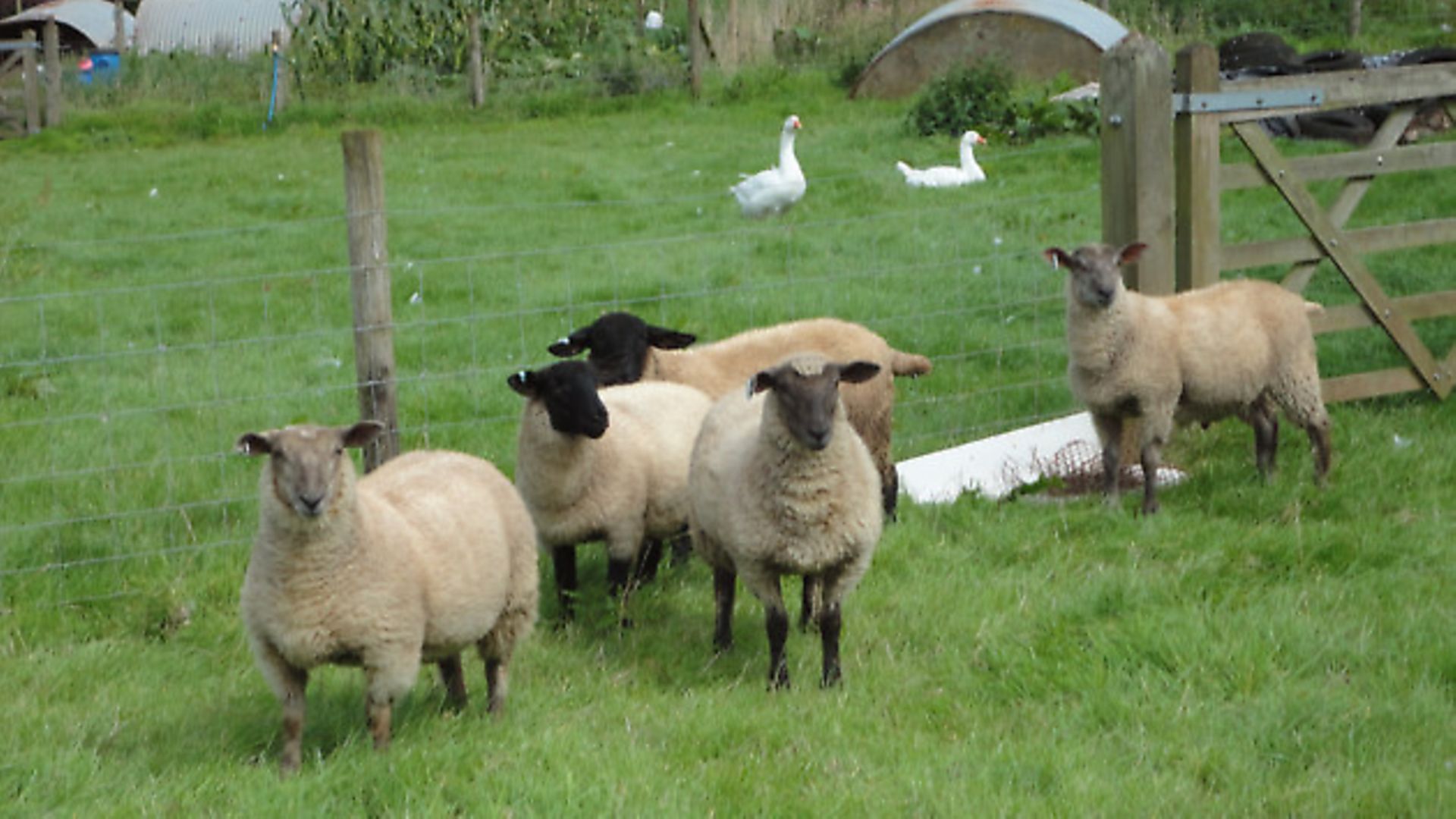
Rob and Ruth Waterhouse have taken a long and winding road into self-sufficiency and organic growing via city allotments, serious health concerns and the sheer necessity of managing on low pensions.
Both cancer survivors, these former teachers now run a hugely impressive smallholding in Mid Devon, with a commitment to a healthy diet, and growing unusual and exotic varieties of fruit and vegetables, at its heart.
A tour of their 2.5 acres near Crediton throws up lots of surprises, such as yacon, a vegetable from the Andes in South America, New Zealand yams called oca and a completely stringless runner bean with exquisite flavour.
There are pigs, poultry and bees for good measure, sheep on a neighbouring farm, solar panels, bio-diesel and a kennels business on the side.
Rob and Ruth spent their professional working lives in Birmingham, Rob working with young people with severe emotional and behaviour difficulties – ‘teaching as a martial art’, as he calls it – and Ruth as a headteacher in primary education.
So how did they get to be living the ‘good life’ in sunny Devon or, as the locals call it, ‘Zunny Deb’n’?
Ruth says she was a confirmed city girl and was used to zapping round London on her motorbike. There wasn’t a grain of soil beneath the manicure.
Rob, on the other hand, was a country lad used to foraging the hedgerows of Warwickshire for useable fruits and nuts, bagging pigeons and snaring rabbits.
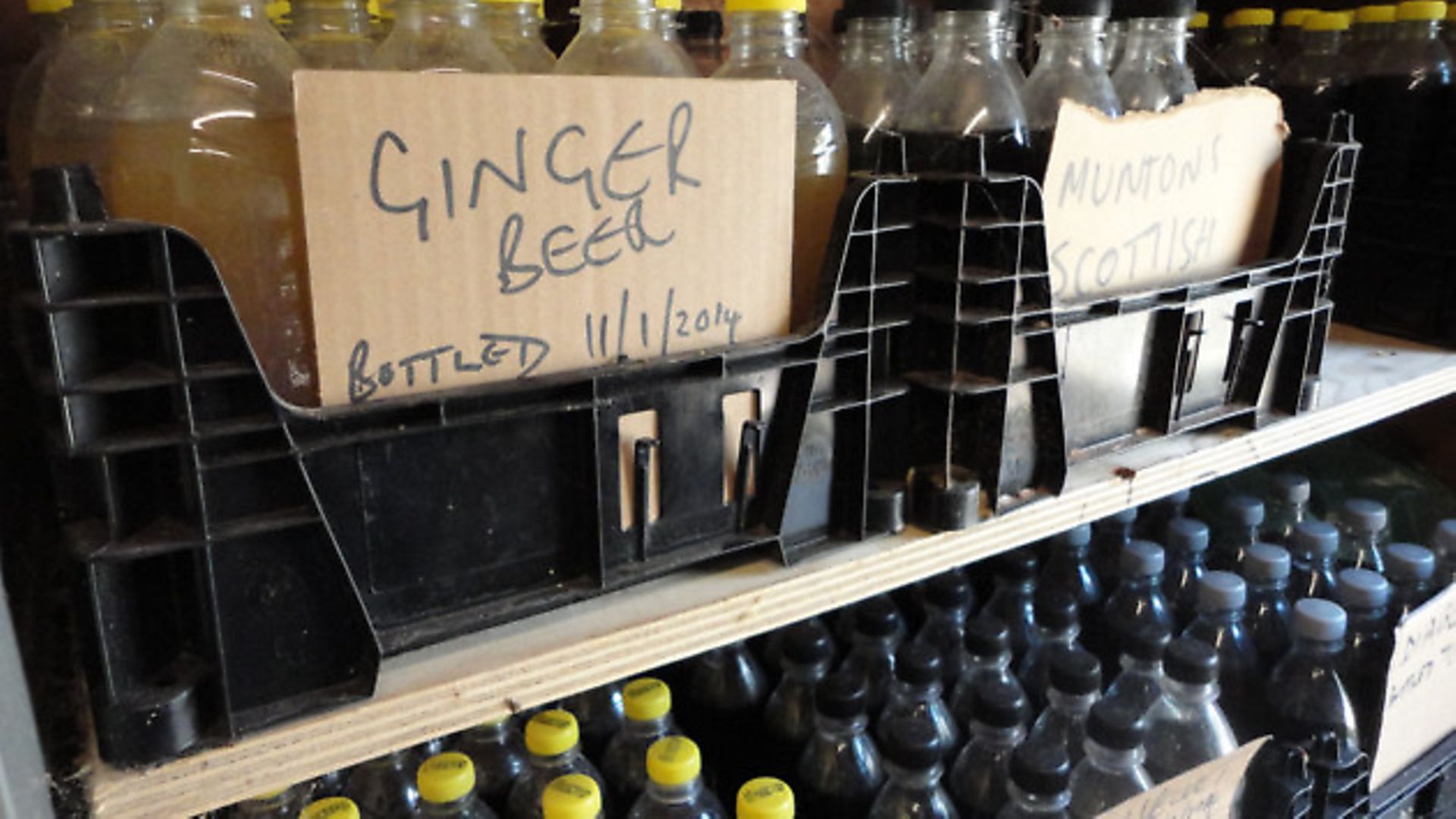
“My first insights into working with animals came at about the age of 11 when, due to severe eczema, my mother was unable to work,” he said. “Hearing that goat’s milk helped with skin complaints, my dad decided we had to buy a goat.
“I was the only member of the household that the dear old Nanny would let milk her. I was on milking duty twice a day with mucking out every weekend. But my interest was kindled and, for about three years, I worked on a goat farm every Saturday too.”
First meeting
Rob and Ruth met in Leamington Spa where they were both teaching. A mutual interest in cooking drew them together, and Rob introduced Ruth to the secrets of the hedgerow, bringing in mushrooms, fruits and game. “A marriage was made when we discovered we both enjoyed real beer too!” he said.
They set up home in Birmingham, started a family, and their need for a wholesome and nutritious lifestyle started when their children suffered with persistent hacking, irritable coughs and wheezes. This continued despite doctors, drugs, inhalers and vapourisers.
“We started to wonder what was going on,” said Ruth. “I remembered that I frequently had days off school with asthma when I was a child. Whenever I drank orange squash I started wheezing straight away.”
Ruth discovered that the cause of the problem was sodium metabisulphate used as a stabiliser in drinks – and in the homemade wines that Rob was making.
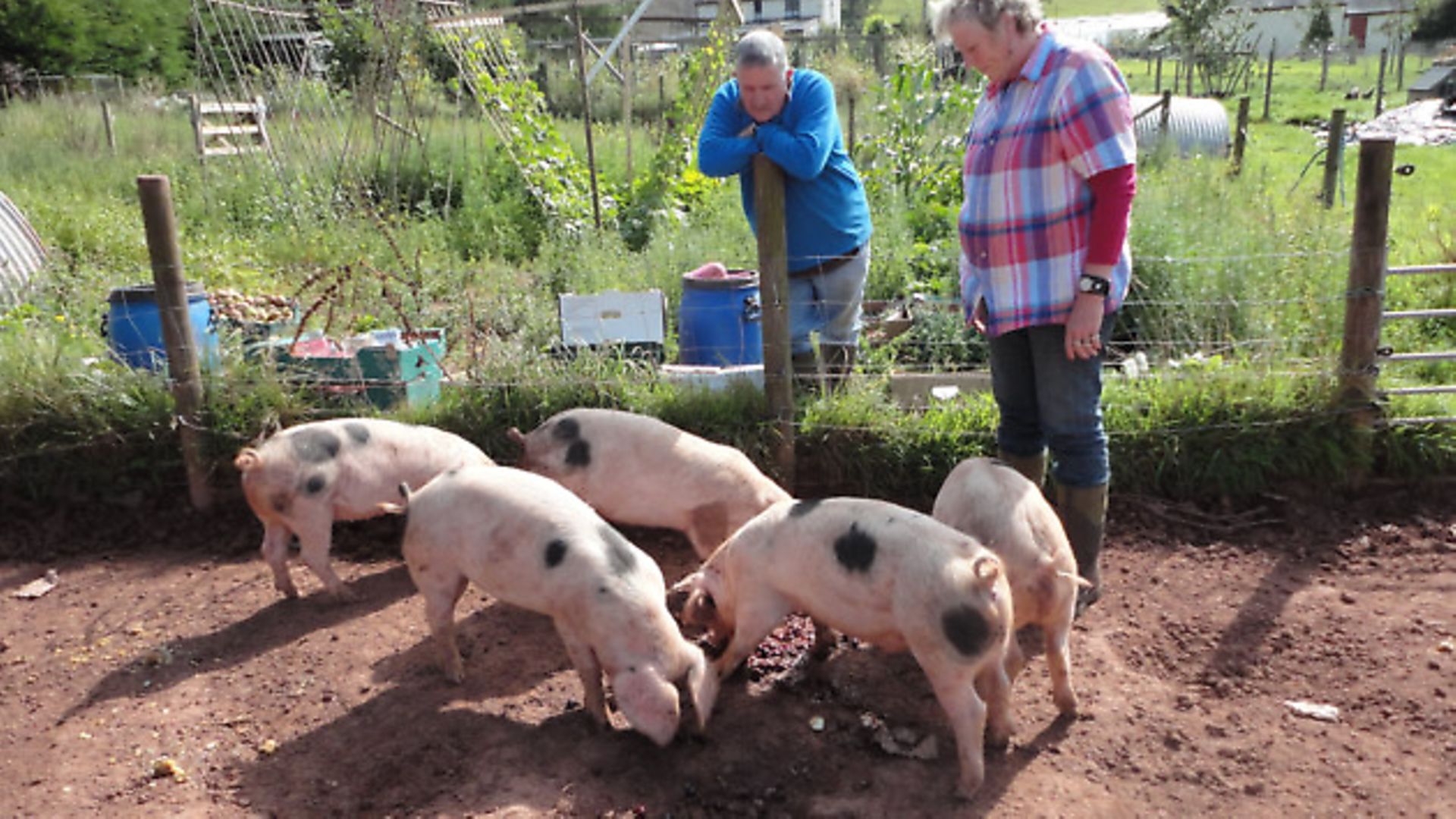
“We began to look into the chemicals that were put into food on the supermarket shelves and were horrified to find artificial colours, flavours and preservatives in just about everything,” she said.
With Rob’s country background and the childrens’ health in mind, he took on two full-sized allotments in the city. They rescued some ex-battery chickens which they free-ranged in their garden, bought a large freezer and set about growing their own. Rob even set up a small urban farm at his residential school with hens and milking goats.
“This was before the publication of E For Additives and before long we had earned a reputation for being ‘Those Cranky People at Number 3’,” said Rob.
When their children left home (wheeze free), Rob and Ruth both went on to train as psychotherapists, which helped enormously with their professions.
“When we began to plan for retirement, the idea was to run our own smallholding with an eye on eventual self-sufficiency,” said Rob. “The plan was to find a place in Cornwall, a county we loved to visit.”
They found a derelict cottage near Truro and were renovating it when the first of a double whammy hit them. Rob found he had cancer. Horrible bouts of treatment rendered him unable to continue with his physically and emotionally demanding career and he was forced to retire early.
After two years of treatment he was declared in full remission… and then came whammy number two. Ruth, who had been suffering ill health (they thought that it was mostly stress induced by Rob’s illness), was diagnosed with bowel cancer.
“It’s amazing how being confronted with your immediate mortality focuses the mind,” said Rob. “We have always been positive minded and pragmatic people, both essential qualities for our professional lives. We accepted that we may not have that long a life ahead and that we should enjoy this ‘one life’ and do what we had always dreamt of.”
They decided to move from Cornwall to Devon to be a bit nearer their children in the Midlands, and took on the smallholding at Crediton, 20 minutes’ drive from Exeter.
“It was the best thing they could have done,” said Ruth. “Actuarially reduced pensions meant that our income was halved. But we set about our self-sufficient journey with a new lease of life, a blank canvas… and a good deal of urgency.
“But instead of retiring comfortably on two good pensions in our new country retreat, we were forced into having to make do with very little just to make ends meet.”
They realised that recycling might just help them achieve their ends. Using every scrap of money they had left, they installed solar panels, taking advantage of the feed-in tariff available at the time. Joining Freecycle, they also managed to gather materials and equipment to build a chicken house, several sheds for freezers, garden equipment and beekeeping equipment; and paddocks with field shelters for the lambs and weaners.
Chickens and pigs were their first livestock. “With all their different colours and characters, the different breeds of chickens look great free-ranging across the paddock,” says Ruth. “It is a joy to see.”
The rare breed pigs they raise for meat. “They are exceptional ground clearers,” says Rob. “They cut my work down by half and the quality of the pork is second to none. They are rotated around the veg paddocks, clearing up roots, pests and weeds, so preparing the ground for the next season.”
So what did Rob and Ruth do to stabilise their wines without the sodium metabisulphate? “Well,” as they both say, “life is short enough as it is, and you only live once, so, as with the wine, enjoy it now before it goes off!”
—————————
This article is from the December issue of Country Smallholding
Image(s) provided by:
Archant



